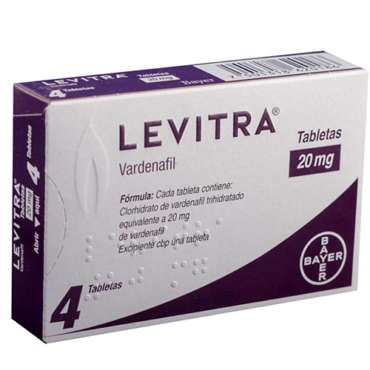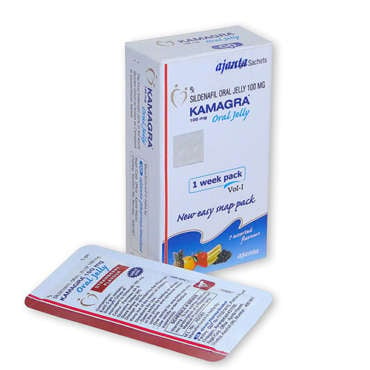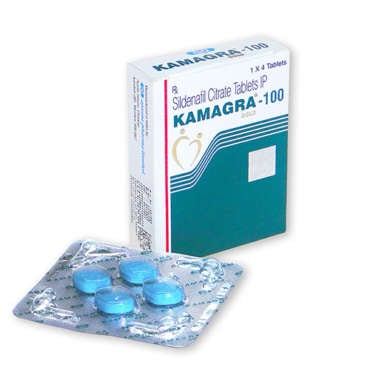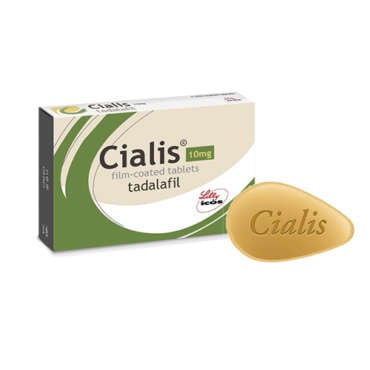Viagra Super Active est un médicament générique contre les troubles de l'érection dont la formulation est unique par rapport à son homologue de marque, le Viagra®. Il se présente sous la forme d'une capsule qui permet au sildénafil (la substance active), après s'être dissous dans l'estomac, de pénétrer complètement et aussi rapidement que possible dans le sang pour permettre un début d'action instantané par rapport aux comprimés oraux de Viagra.
Contrairement à la fameuse "pilule bleue" communément appelée Viagra®, certains génériques ont un avantage sur les médicaments de marque en raison d'une gamme plus large de médicaments puissants ayant le même ingrédient actif, mais qui peuvent être couplés à d'autres substances actives pour fournir une gamme plus large de traitements en même temps.











